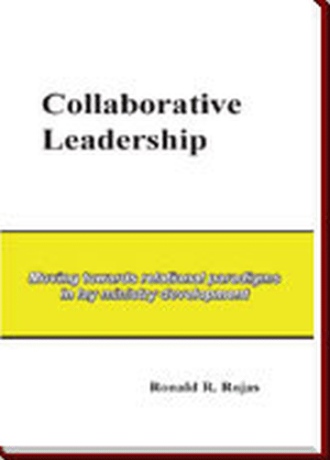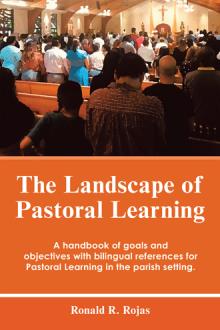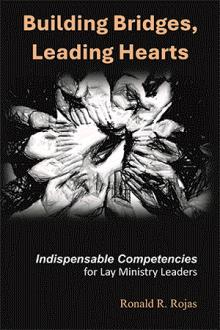Preface
In late 2002 I received an
invitation from Dr. Anne Marie Winters to offer a continuing-education workshop
to the faculty of the Lay Pastoral Ministry Institute (LPMI) from the diocese
of St. Petersburg, Florida.
Specifically, the subject to be addressed was the development of core
competencies for lay ministry leadership through adult-learning techniques. The
research conducted in preparation for this workshop, the workshop materials
presented, and the comments and observations of the faculty present at that
time constitute the origins and foundations of this book.
This book has been designed for
researchers, scholars, directors of lay ministry institutes, directors of
graduate and postgraduate research centers, and lay leadership course developers
who in one way or another direct their efforts towards the formation of the
laity in the United States. Said in more detail, the intent of this work is to
stimulate meaningful research that can further the cause of lay leadership
formation in the Church, attempt to establish ministry leadership as a
leadership discipline on its own, assist in defining effective collaborative
leadership principles supportive of the current trend of collaboration in the
Church, and caution against potential threats that may be detrimental or even
contrary to Church teachings and traditions. These objectives justify the
intense academic orientation of this book, which is formal in style and rich in
supporting citations.
One of the most remarkable and
promising discoveries of researching this project deals with an apparent
convergence of secular leadership theory and trends in lay ministry leadership.
The dissatisfaction of business leadership constructs across the nonprofit, government,
and Church settings, along with the inclusion of spirituality as a viable
concept within mainstream leadership discourse, has narrowed the gap between
secular discourse and ministry leadership. Additionally, the emergence of
collaborative theory and its proven value in many sectors, such as business,
nonprofit, and government, has also recently been seen as a development that
has its applications for the laity and lay leaders in the Church. In fact, many
Church documents have traditionally used the term “collaboration” to best
characterize the contribution and the mission of the laity in the Church. Yet
collaborative theory then was not the mature and appealing a concept as it is
today.
These, as well as other
developments, present a unique opportunity not only to bridge the gap between
leadership discourse among the secular and lay ministry sectors, but also to
establish lay ministry leadership as a new leadership discipline on its own. In
addition to the well-known theoretical contributions attributed to the
business, government, and nonprofit sectors within leadership discourse, there
is also a potential for ministry leadership to eventually become a major
contributor, primarily as a consequence of two inherently dominant themes in
ministry: spirituality and building community. It is conceivable
that leadership discoveries associated with these two concepts may also find
applications in the other sectors. As core competencies are developed and the
conceptual convergence continues, it is plausible that ministry leadership may
indeed play a more prominent role in the business, government, and nonprofit
sectors.
The present work is not intended
to compete with the many efforts already in progress. Instead, it is offered as
academically founded alternative. In presenting the competencies suggested in
this book, national, diocesan, and academic institutions, as well as parishes,
may become more actively interested in the objectives of this work,
specifically, the need to continue research in lay ministry leadership.
Accordingly, this book is intended as a means to promote continued research, to
reinforce coherency and to add focus in the formulation of lay leadership
principles consistent with Church teachings and traditions and effective in the
current secular environment within the United
States.
In sum, this work is a
culmination of research and discoveries made during the months before and after
the diocese of St. Petersburg
faculty continuing-education workshop conducted in late January 2003. While
directly applying secular constructs in the ministry sector presents some
risks, its value opens a window of opportunity, not only to augment the
effectiveness of Church programs, but also as a way to deliver the Church’s
message to the world. Hopefully, the risk taken here to reach out and alert the
academic and research communities will eventually benefit lay leadership
development, and therefore, enhance the laity’s ability to fulfill its mission
in the United States.






